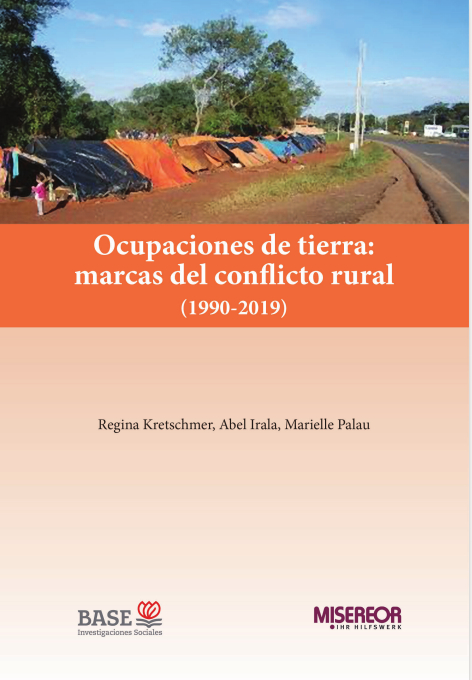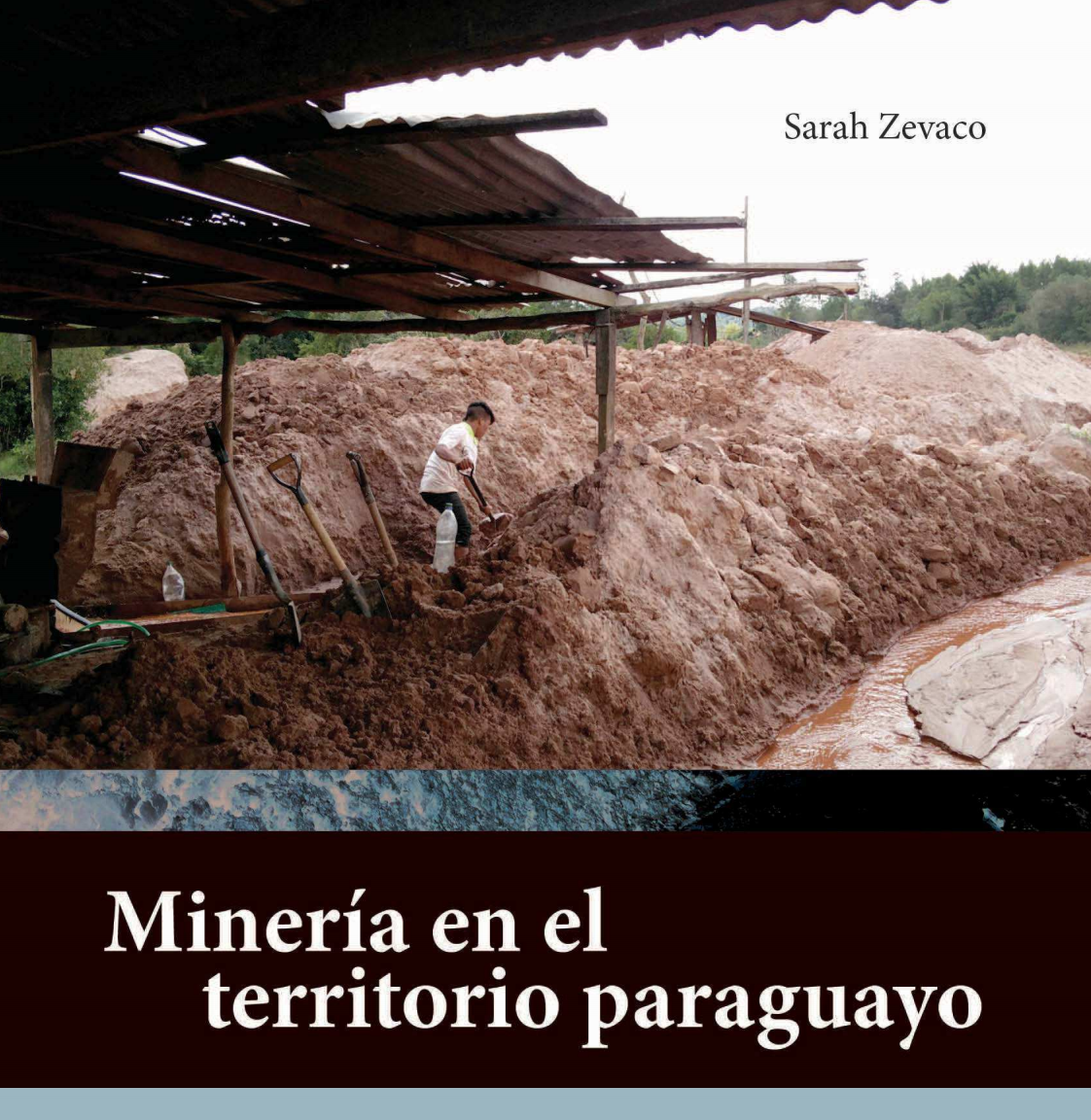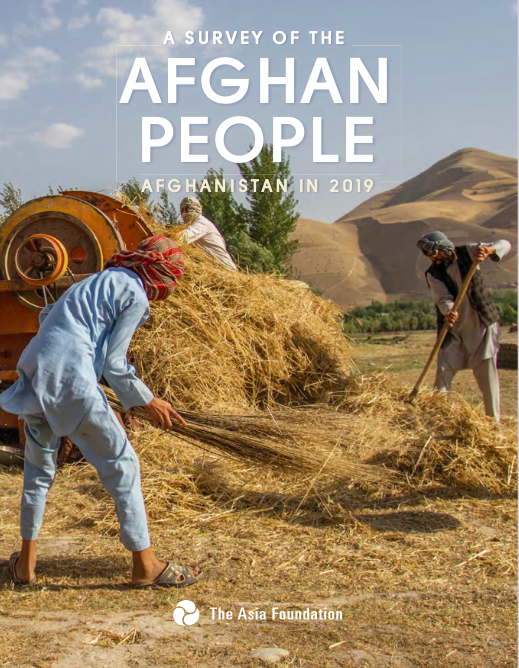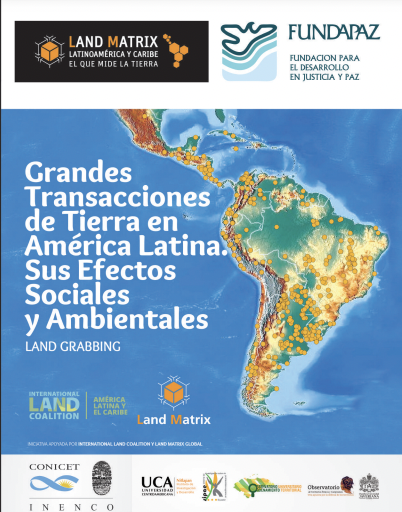Who benefits from farmer-led irrigation expansion in Ethiopia?
Despite increasing popularity of farmer-led irrigation in Ethiopia, little is known about socio-economics of farmers who receive public support in accelerating its expansion. We investigate this question by combining spatial land suitability for groundwater- and solar irrigation with pre-existing socioeconomic data. We find that if public support in farmer-led irrigation expansion were to be provided to farmers who own land areas that are also spatially highly suitable for irrigation, high-value crop cultivators and wealthier farmers would most likely benefit from such investments.









